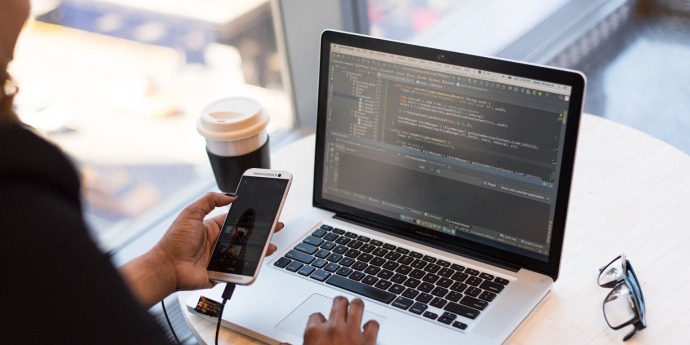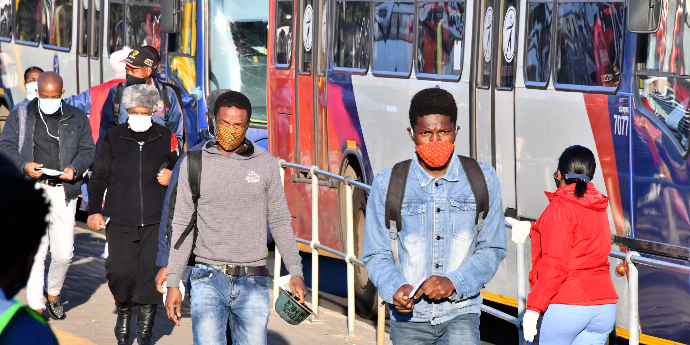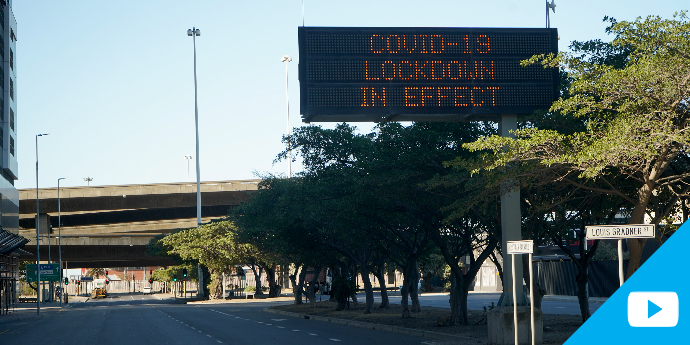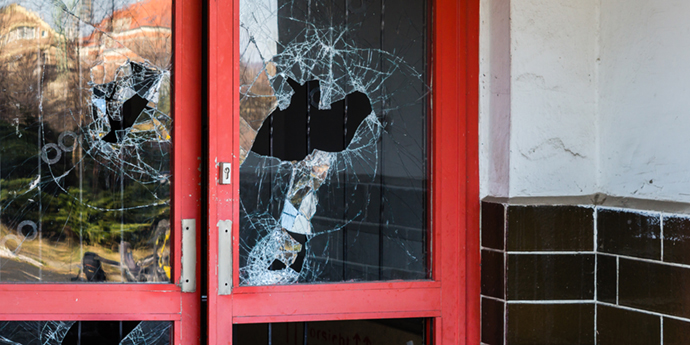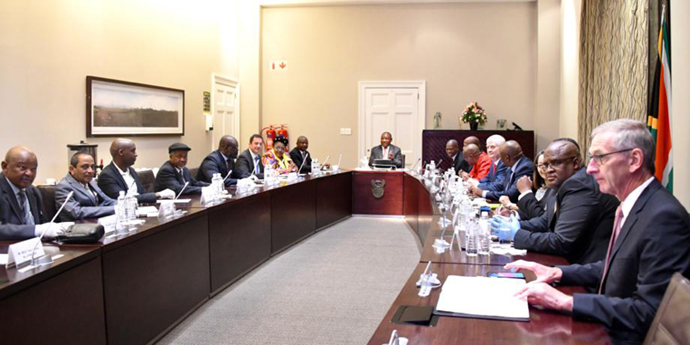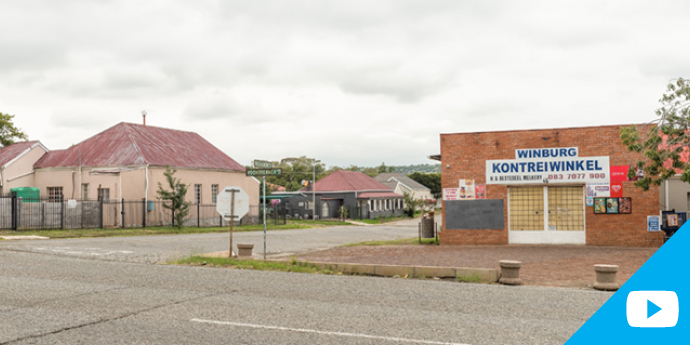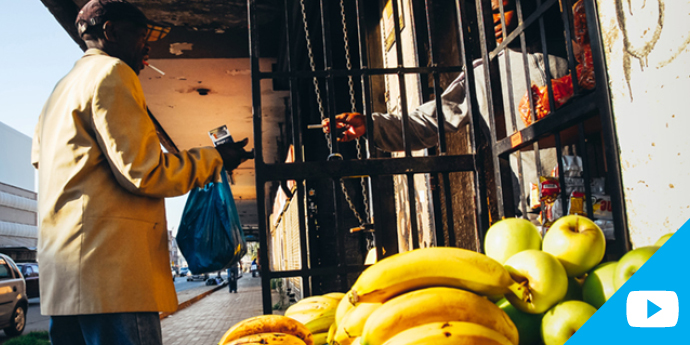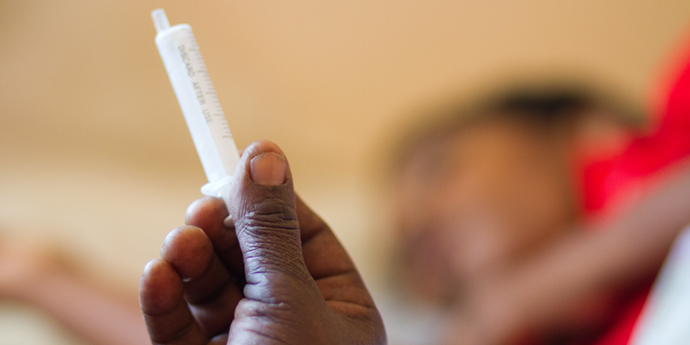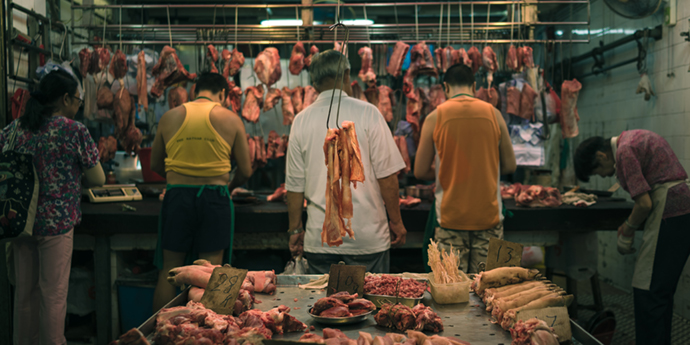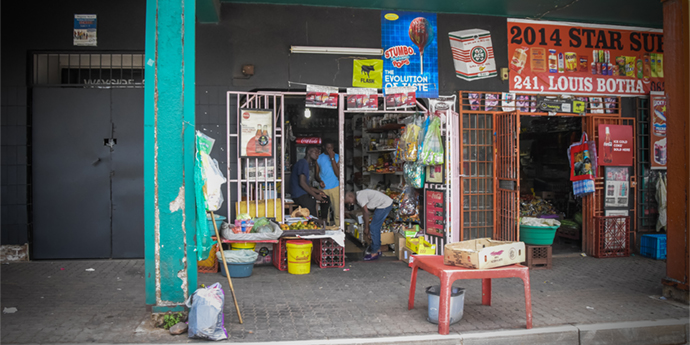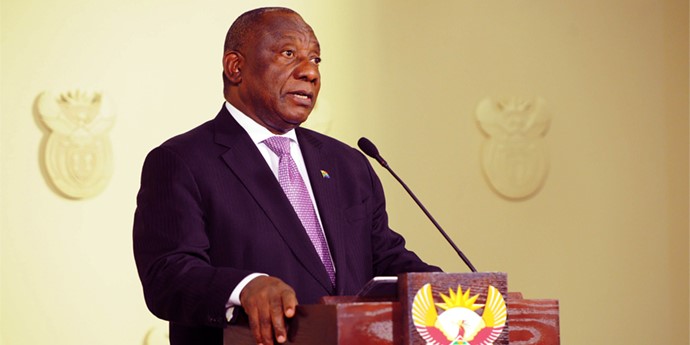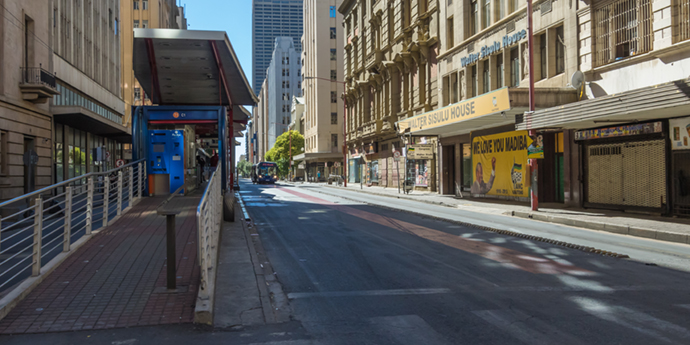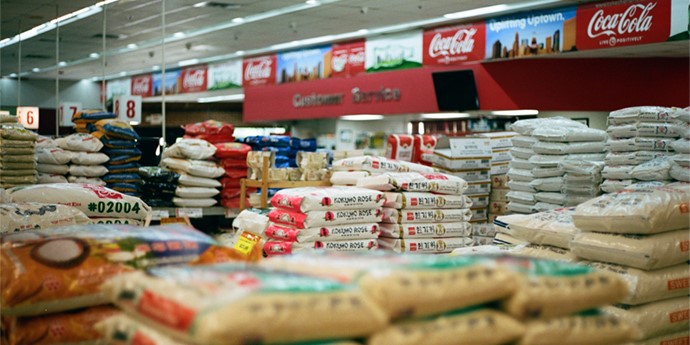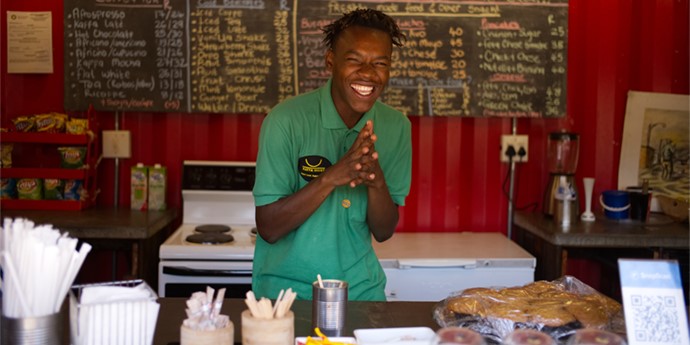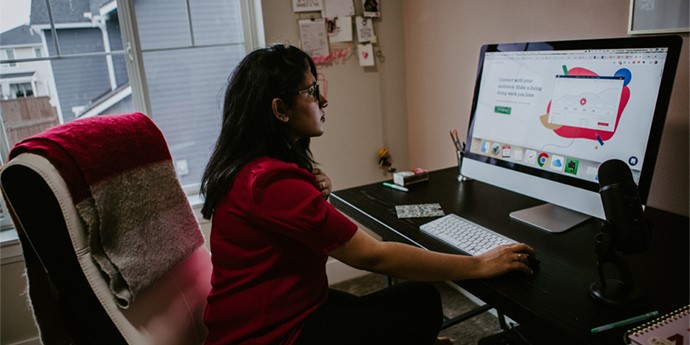The current crisis is offering many businesses in South Africa an opportunity to rethink how they manage and motivate their teams for the better.
According to the World Economic Forum (WEF), the fact that billions of people around the globe are in some kind of lockdown means that we are facing possibly the largest psychological experiment ever. South Africa’s lockdown has been moved to Level 4, with a small window opened for exercise as well as for some industries to re-open under strict conditions. But the Minister of Employment and Labour, Thulas Nxesi has stressed that: “In returning to work, it cannot be business as usual.”
Under Level 4 in South Africa, most people, who can, will be working from home and only those with live-in nannies will be able to have their childminders return to work. The rest still need to manage home and work, children and households while facing stresses surrounding their jobs. All of this has significant implications — not just for those working from home — but also for those who have to manage and coordinate teams of people, some working remotely or in strictly controlled environments at work.
Psychologists and labour experts from around the world are advising employers that now more than ever, they need to show comprehensive support and encouragement to their people. Already there is data from China, showing how quarantine conditions in early 2020 negatively affected mood and behaviour. In South Africa, after three weeks of the national lockdown up to 12 000 people were connecting to lunchtime chat sessions hosted by The South African Depression and Anxiety Group (Sadag) asking questions like, “How do I balance work (working from home) while I have a one-year-old running around” and “It feels like my whole life is falling apart with this current situation?”
As countries continue to deal with the pandemic, there will also be more instances of people falling ill and even passing away. Managers will have to deal with grief and loss. In South Africa, they also need to manage the reality that in some parts of the country, there is limited internet availability and electricity access as well for those trying to work remotely causing additional stress.
So what does this new normal for managers look like? We suggest three shifts that are required by managers to get the best out of their teams in these challenging times.
Acknowledge that times are difficult and reassure your people
Even more than before, companies must keep employees updated on the business and related procedures, and need to consider ways to inform employees via a newsletter or personal email from a company leader on how the organisation is doing. These communications should guard against being bland and cheerful, instead, they should start by acknowledging that these are difficult times. Offering tangible help and support in terms of a company psychologist or counsellor as well as inviting employees to provide feedback and opinions on how to proceed at this time is also vital.
Reassuring employees in terms of their jobs and careers is also a big part of this. Managers need to give them as much clarity as possibly not only in terms of their financial future but also that the company values them and their contribution, that they are part of the team, that they belong in the organisation and have a significant role to play there.
Providing support can be as simple as asking how your employee is doing before jumping straight into a work question. Regular check-ins via email (without creating the impression of micro-managing) video conferencing, an informal Whatsapp group or even just a phone call can make a huge difference to someone who may be all alone in an apartment for weeks on end. For others, remote working has advantages. In fact, research published recently in the Journal of Innovation Management analysed 100 000 tweets sent during the pandemic in 2020 and revealed that 73% of messages described working from home as a positive experience.
Be more aware of your team’s spiritual and psychological needs
Motivation drives behaviour and provides an explanation for people’s behaviour. Research also shows that survival needs will always be prioritised. There are those who may say that what we are seeing is a new take on the well-known motivational theory of needs by renowned psychologist Abraham Maslow. A case can be made that this pyramid has been turned on its head as our needs are changing due to our new working conditions. This is applicable for those individuals who are able to work from home and who are fortunate to be paid a salary - and are not worried about their basic needs — instead they may find themselves gravitating towards more spiritual and psychological needs. Isolated from friends, family and hobbies with lots of time on their hands, they may start asking questions about why they are doing what they are doing and if they really enjoy their careers, for example. However, should the situation change and lower-level needs are no longer met, their attention will move to satisfying them before any others.
In recognising this, managers will need to adapt the way they interact with their team. For some managers, the temptation to introduce new working daily schedules or strict meeting events may be strong, but a study published in the Harvard Business Review, showed that employees in remote working conditions were motivated to perform better when they felt empowered in their jobs; when given latitude to experiment and find solutions to problems. Instead of micro-managing, managers should be directing their efforts to helping their team set achievable goals (both personal and professional), which, as organisational psychologist Dr Paul P. Baard suggests, can provide them with a sense of satisfaction and accomplishment even in uncertain times.
Step back and learn to trust more
Not all personality types work equally well away from structured offices. Certain personality types, like introverts, are proven to adapt better to working from home, but extroverts, who enjoy bouncing ideas off others, struggle more. That is why being flexible and adaptable can yield greater results when it comes to operational procedures and new routines. But to embrace flexibility and adaptability, managers will need to learn to step back and trust more.
Emma Luyt, Managing Director of local design firm Tétris explains, “One thing Covid-19 has put into focus for me is accountability and trust in the workplace. I always thought I was a progressive leader who welcomed agile working and delivery-based working, but not seeing my team every day is new territory for me.” She learned to trust her team more and to be more focused on outcomes.
In the coming weeks, lockdown conditions will continue to evolve. Many, like venture capitalist and former FNB chief Michael Jordaan, say there is every indication that life will not “go back to normal” after lockdown. In particular, he believes that many employers will see the benefits of having people working from home. According to international research, 74% of senior business leaders have already indicated that they intend to move about 5% of on-site staff to remote positions after the pandemic.
Properly managed and motivated, remote working teams have been shown to actually be good for business. Remote teams get more done and are healthier overall while improving retention rates and cutting costs. Viewed in this light, the COVID-19 crisis can be seen as an opportunity for South African business — that have been slow to embrace remote working to date — to now perfect it. As neuroscientist and author Abhijt Naskar says: “The world is going through a period of crisis, but whether we look at it as a crisis or as an opportunity to reshape our thinking, depends on us.”
Dr Christina Swart-Opperman is an industrial psychologist, entrepreneur, and senior lecturer at the Allan Grey Centre for Values Based Leadership, Graduate School of Business, University of Cape Town.




